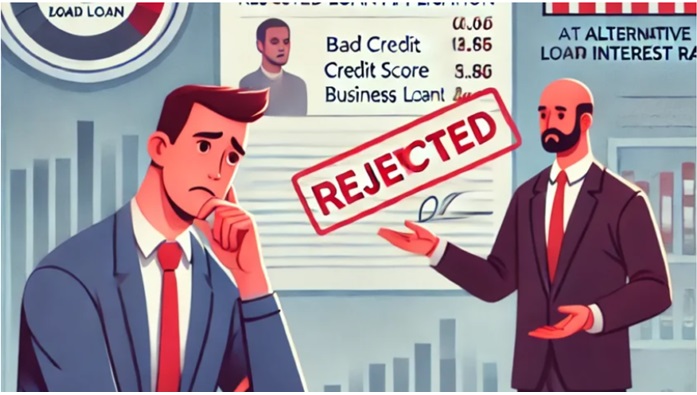Many people believe that bad credit automatically disqualifies them from getting a mortgage in Canada. While traditional lenders like banks may be hesitant, there are specialized lenders and private mortgage options designed for those with low credit scores. These lenders assess factors beyond just credit, allowing individuals with past financial challenges to still access home financing.
Bad credit mortgages often come with higher interest rates and specific requirements, but they provide a realistic path to homeownership. Understanding how these mortgages work and what options are available can help borrowers make informed decisions and improve their chances of approval.
Navigating bad credit mortgages Canada requires knowledge of the market and lender criteria. Exploring alternative lenders and preparing financially can open doors even when credit isn’t perfect.
Understanding Bad Credit Mortgages in Canada
Bad credit mortgages offer options for individuals with low credit scores to secure home financing. These mortgages have distinct features, lender types, and eligibility criteria influenced by credit profiles and risk assessments.
Definition of a Bad Credit Mortgage
A bad credit mortgage is not a single product but a general category for loans designed for borrowers with poor credit histories. It caters to those who might not qualify for traditional mortgages due to low credit scores or past credit issues.
These mortgages often come with higher interest rates and stricter terms. Borrowers should expect higher down payments and possibly more frequent documentation requests. The goal is to balance risk for lenders while still providing access to homeownership.
How Credit Score Impacts Mortgage Eligibility
Credit scores in Canada range from 300 to 900. Scores below 600 are generally considered low and may limit approval chances with major lenders.
When applying with bad credit, lenders test the borrower’s repayment ability using higher interest rates (e.g., 6.35%) to account for risk. Lower scores typically lead to higher rates, stricter loan terms, and larger down payment requirements.
Credit history details beyond just the score, such as payment consistency and past defaults, also impact eligibility and terms.
Types of Bad Credit Mortgage Lenders
Bad credit mortgages are available through several lender categories:
- Alt-A lenders: Offer loans that fall between prime and subprime, often requiring a moderate credit score.
- B lenders: Specialize in higher-risk borrowers, accepting lower credit scores and less traditional income verification.
- Private lenders: Usually individuals or companies willing to take more risk but charging higher interest rates and fees.
Major banks might offer bad credit mortgages but usually with stricter qualification standards and higher costs. Mortgage brokers can help connect borrowers to appropriate lenders.
Applying for a Bad Credit Mortgage in Canada
Applying for a mortgage with bad credit requires careful preparation. Lenders will scrutinize certain documents and factor in higher interest rates. Borrowers must also consider alternative financing and ways to boost their approval chances.
Documents Required for Application
Applicants need to provide proof of income, such as recent pay stubs, tax returns, or an employment letter. This verifies the ability to repay the loan despite a poor credit history.
A valid government-issued ID and recent credit report are essential. Some lenders may also request bank statements to confirm savings and expenses.
If self-employed, detailed financial statements and business documents will be necessary. Down payment proof is critical, especially since a larger deposit improves chances.
Tips for Improving Mortgage Approval Chances
Reducing debts can improve the debt-to-income ratio, increasing the likelihood of approval. Borrowers should pay down credit card balances to below 30% of their limits.
Disputing errors on the credit report can slightly raise the credit score. Avoid applying for new credit or loans just before applying.
Working with a mortgage broker familiar with subprime lenders helps find suitable options. Providing a larger down payment and demonstrating steady income also strengthen the application.
Interest Rates and Fees
Mortgages for those with bad credit often come with higher interest rates, sometimes several percentage points above prime rates. This compensates lenders for the increased risk.
Additional fees, like administration or broker fees, may apply more often than with prime mortgages. Borrowers should compare offers carefully to avoid excessive costs.
Fixed-rate options are available but may carry higher rates; variable rates might be lower but less predictable. Transparency about all costs before signing is crucial.
Alternative Financing Options
Private lenders are common for borrowers with poor credit. These lenders offer more flexibility but usually at higher rates and shorter terms.
Credit unions and alternative mortgage companies might have programs suited to low credit scores. Government-backed loans or programs could provide support, depending on eligibility.
Rent-to-own agreements or seller financing are other routes but require thorough understanding and legal advice to avoid pitfalls. Each option comes with trade-offs in cost and security.




